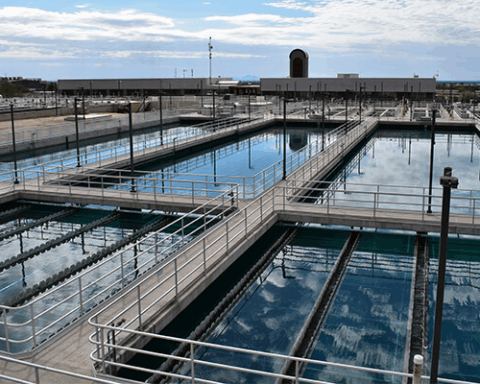A growing number of funding opportunities are in orbit around the aerospace industry, thanks to renewed federal interest in the final frontier. With a government focus on space exploration and projections that the industry is only beginning to lift off toward the stars, companies are positioning themselves to capitalize on federal contracts and grants related to space technologies.
In his inauguration speech, President Trump pledged to send “American astronauts to plant the stars and stripes on the planet Mars.” If actualized, the President’s interplanetary ambitions have massive implications for both government agencies and private industry. This political momentum comes as market analysts project the commercial space industry will grow to over $1 trillion by 2040, outpacing global GDP by more than 150%.
Key Agencies Offering Opportunities
NASA and the U.S. Space Force
The National Aeronautics and Space Administration remains the cornerstone of U.S. government space contracting, with an annual budget exceeding $25 billion. NASA’s contracting opportunities span multiple directorates, with robust programs through the Space Technology Mission Directorate and Science Mission Directorate. The agency’s Artemis program and Commercial Lunar Payload Services initiative have created significant opportunities for both traditional aerospace contractors and newer commercial space companies.
According to data from 2023, NASA has propelled research institutions and private companies alike with multi-billion-dollar contracts. The top recipients that year were the California Institute of Technology, which manages NASA’s Jet Propulsion Laboratory, with $2.9 billion, followed by SpaceX with $2.25 billion in awards and Boeing with $1.57 billion.
The U.S. Space Force has quickly become a major contracting hub with an annual budget exceeding $15 billion for space capabilities. The service primarily contracts through its Space Systems Command for military space systems including launch vehicles, satellites and ground infrastructure.
Although they are the most well-known, NASA and the Space Force are not the only agencies shooting for the stars with contract procurement.
Air Force Research Laboratory (AFRL)
The Air Force Research Laboratory manages an annual portfolio of approximately $7 billion across air, space and cyber domains. With a workforce of 12,500 personnel spanning 10 states, AFRL supports both Air Force and Space Force science and technology needs. Companies offering solutions in materials science, propulsion technologies and satellite communications can find significant contracting opportunities.
National Geospatial-Intelligence Agency (NGA)
The National Geospatial-Intelligence Agency serves as a critical nexus between the Department of Defense and the intelligence community. As the lead federal agency for geospatial intelligence, NGA manages relationships with over 400 commercial and government partners to provide crucial imagery and location-based intelligence. Companies developing satellite imagery capabilities, geospatial data processing and advanced analytics solutions may find opportunities with NGA.
Office of Space Commerce
The Office of Space Commerce, a division within the National Oceanic and Atmospheric Administration, serves as the principal unit for space commerce policy and exploring how space can contribute to the economy down below. A recent Request for Information issued in March 2025 highlights the agency’s interest in purchasing commercial satellite environmental data covering the atmosphere, oceans, land and space weather observations through 2032.
Navigating the Regulatory Environment
Despite the government’s interest in commercial solutions, companies must navigate a complex regulatory framework that differs significantly from standard commercial practices.
Most traditional government contracts fall under the Federal Acquisition Regulation (FAR) and agency-specific supplements like the Defense Federal Acquisition Regulation Supplement (DFARS) or NASA FAR Supplement (NFS).
Cybersecurity standards under DFARS clauses require contractors to implement specific security practices and report incidents within 72 hours. Companies must also register on SAM.gov and comply with numerous certification requirements.
Even commercial item contracts include government-specific terms like the right to terminate for convenience and unique dispute resolution procedures.
Supply Chain Scrutiny
The Buy American Act requires domestic production for many contracts, while procurement rules restrict the use of components from designated foreign adversaries. Space technologies face particularly close scrutiny given their critical national security implications.
Several specific regulations target the space sector, including DFARS clauses that prohibit the acquisition of certain commercial satellite services or launch vehicles from specific countries.
Image by NASA-Imagery from Pixabay













